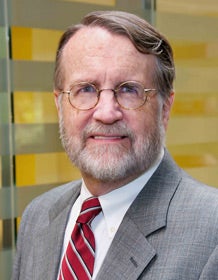Abstract
Although securing the services of defense experts to examine evidence, to advise counsel, and to testify at trial is frequently critical in modern criminal litigation, it was not until 1985 that the United States Supreme Court in Ake v. Oklahoma, 470 U.S. 68 (1985), recognized, for the first time, a constitutional right to expert assistance. In a system in which an overwhelming majority of criminal defendants are indigent, Ake was a landmark case. Nevertheless, the Ake Court could not have anticipated how the advent of DNA evidence would revolutionize forensic science or how the Daubert trilogy would alter the judicial approach to scientific evidence. It could not have foreseen the scientific fraud cases or the expanded use of social science and modus operandi experts. All these developments have increased the need for defense experts.
While the Ake decision settled the core issue by recognizing a right to expert assistance, it left numerous important issues unresolved for the lower courts to grapple with. The post-Ake issues can be divided into several categories. The first involves the scope of the right to expert assistance: (1) Does the right to expert assistance extend to nonpsychiatric experts? (2) Does Ake apply to noncapital trials and to other proceedings, such as juvenile transfer hearings and sex offender commitments? The second issue is the standard for appointing an expert. If the standard is too demanding, the right is gutted. If the standard is lax, the costs skyrocket. In addition, a cluster of post-Ake issues revolve around the role of the expert, whether Ake mandates a partisan rather than neutral expert. This issue also affects procedural issues such as whether there is a right to an ex parte proceeding when requesting a defense expert, whether the prosecution may call a nontestifying defense expert as a government witness, and whether Ake requires a "competent" expert.
Keywords
Scientific Evidence, Expert Assistance
Publication Date
2004
Document Type
Article
Place of Original Publication
Cornell Law Review
Publication Information
89 Cornell Law Review 1305 (2004)
Repository Citation
Giannelli, Paul C., "Ake v. Oklahoma: The Right to Expert Assistance in a Post-Daubert, Post-DNA World" (2004). Faculty Publications. 279.
https://scholarlycommons.law.case.edu/faculty_publications/279

